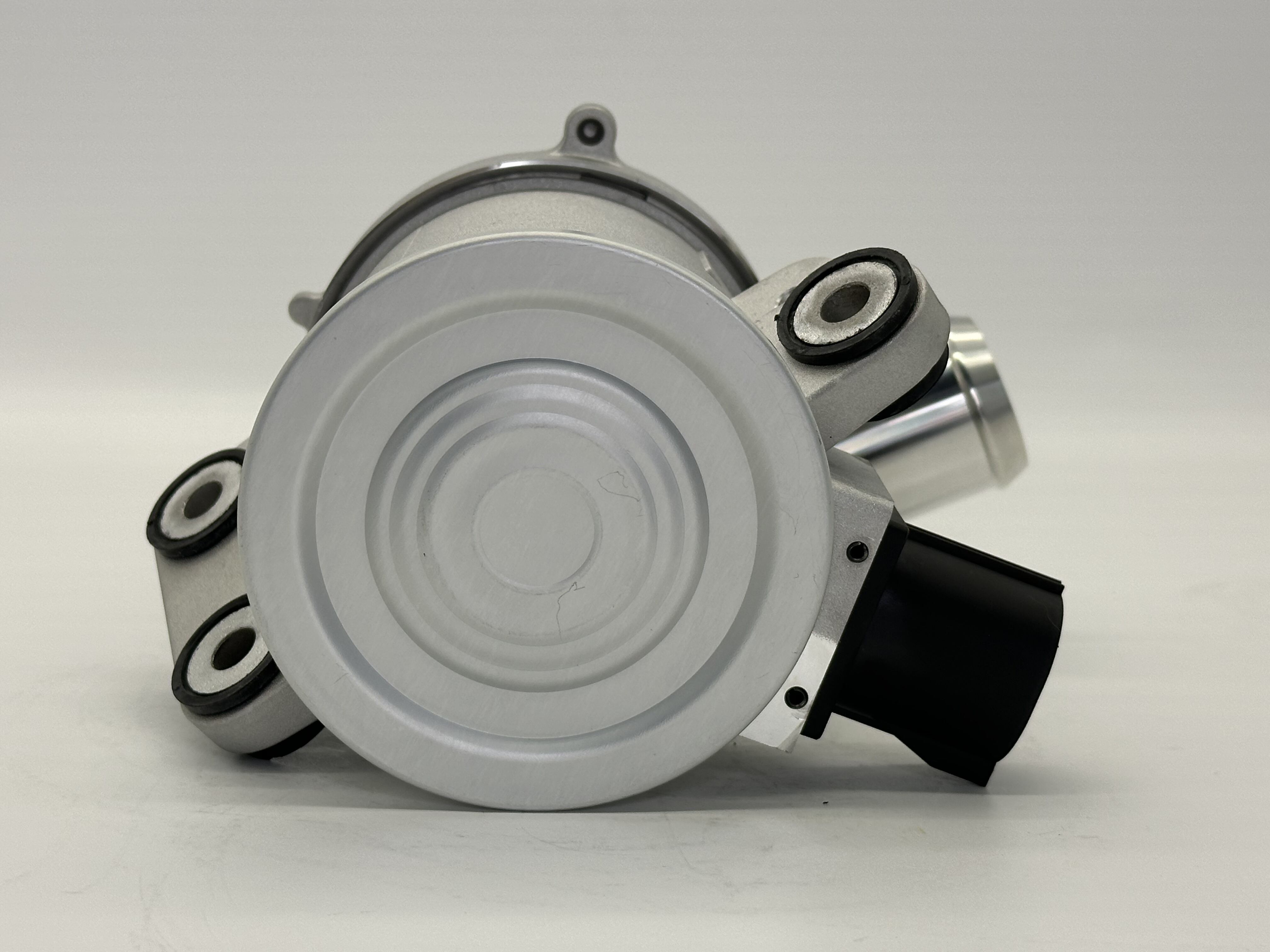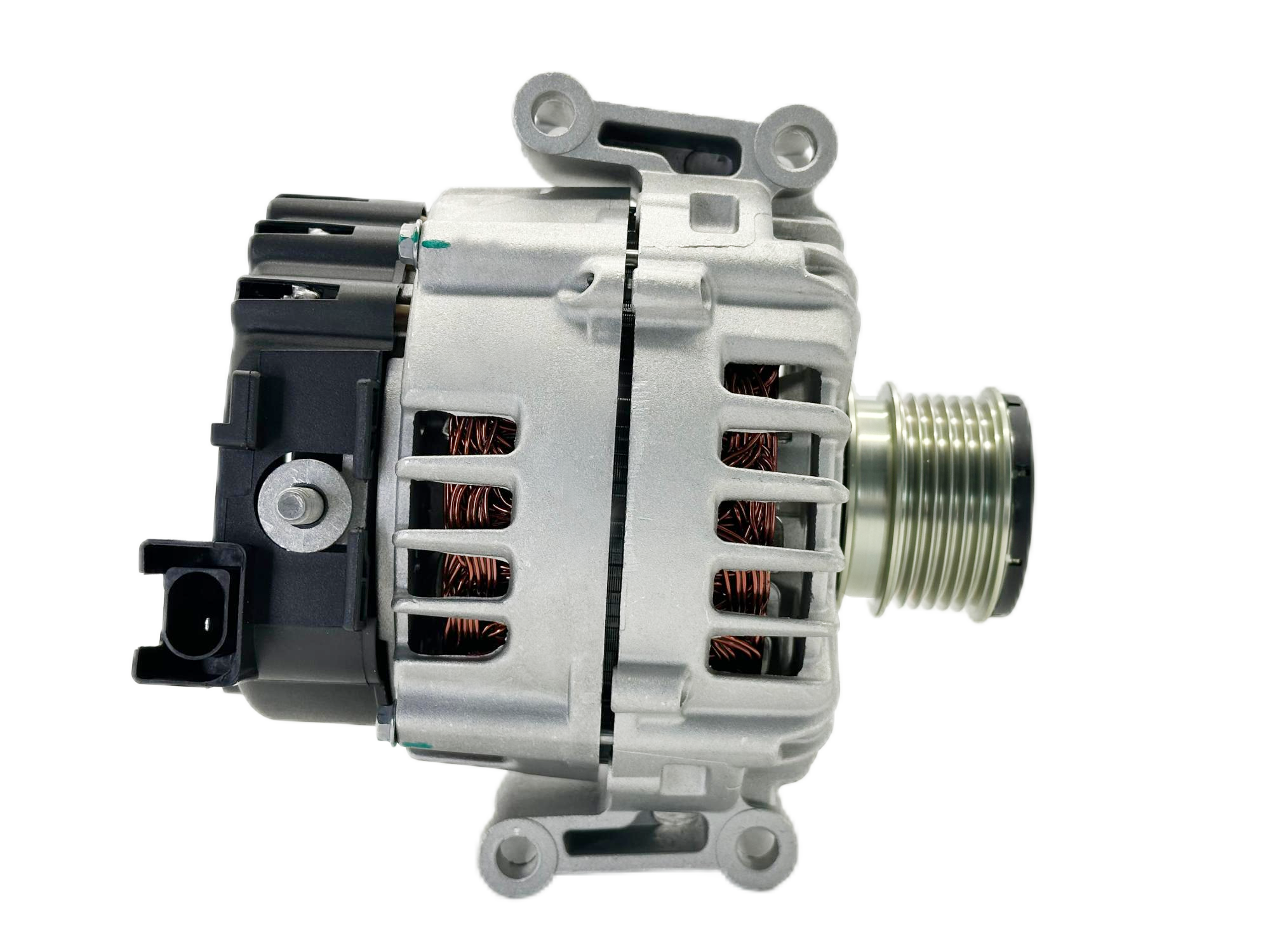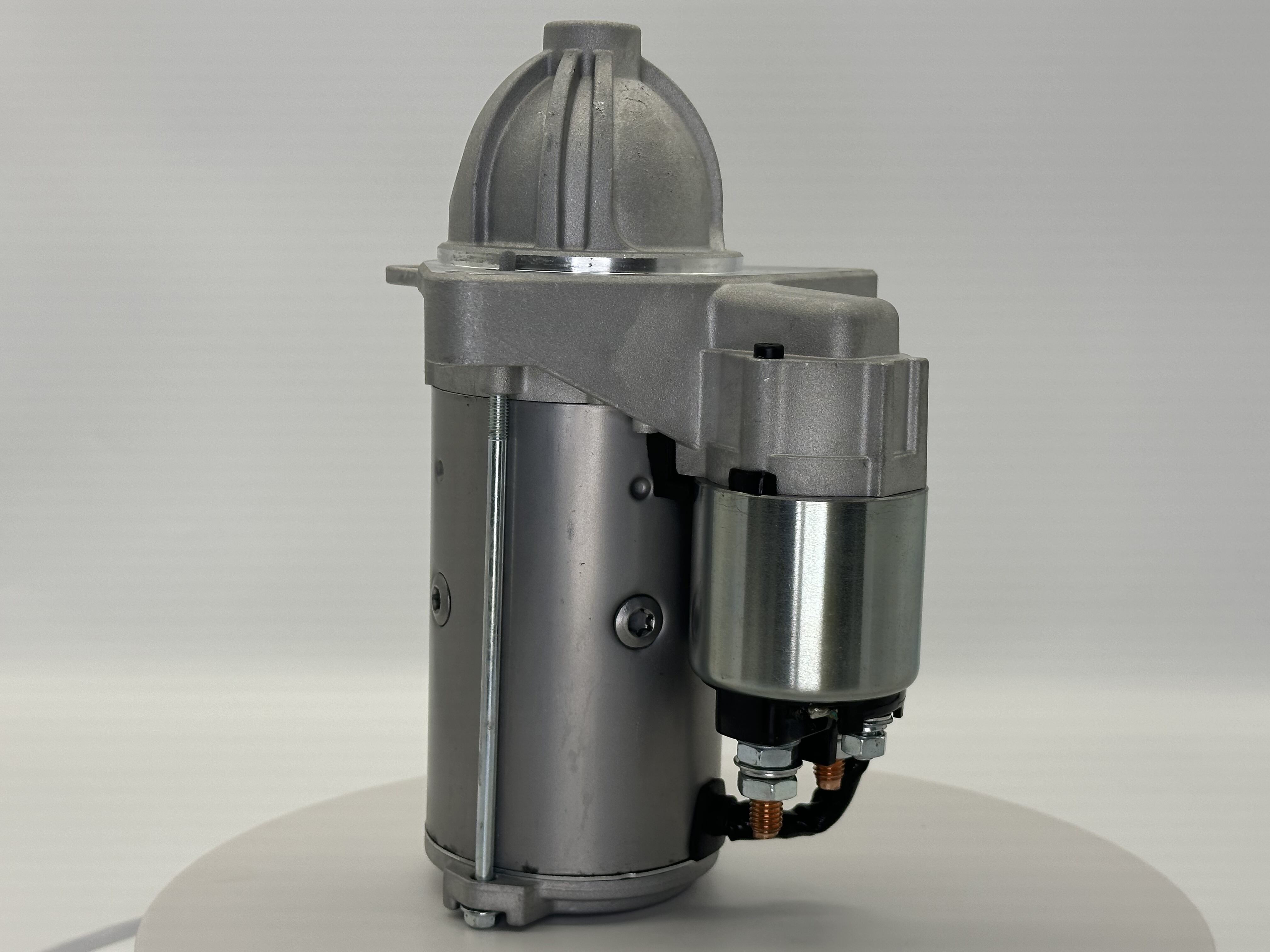buy car oil sensor
A car oil sensor is a sophisticated electronic device designed to monitor and evaluate the quality, level, and condition of engine oil in real-time. This essential component utilizes advanced sensing technology to measure various parameters including oil pressure, temperature, and viscosity, providing drivers with crucial information about their vehicle's engine health. The sensor operates through a combination of electrical conductivity measurements and temperature readings, continuously analyzing the oil's condition to detect potential issues before they become serious problems. Modern car oil sensors are equipped with microprocessors that process data and communicate with the vehicle's onboard computer system, triggering warning lights or messages when oil conditions fall outside optimal parameters. These sensors play a vital role in preventive maintenance by alerting drivers to the need for oil changes based on actual oil condition rather than just mileage intervals. The technology has evolved to include features such as contamination detection, which can identify the presence of coolant or fuel in the oil, and wear particle analysis, which can indicate internal engine wear patterns. The sensor's ability to provide real-time data helps prevent engine damage, extend engine life, and optimize maintenance schedules, making it an invaluable tool for both everyday drivers and fleet operators.


